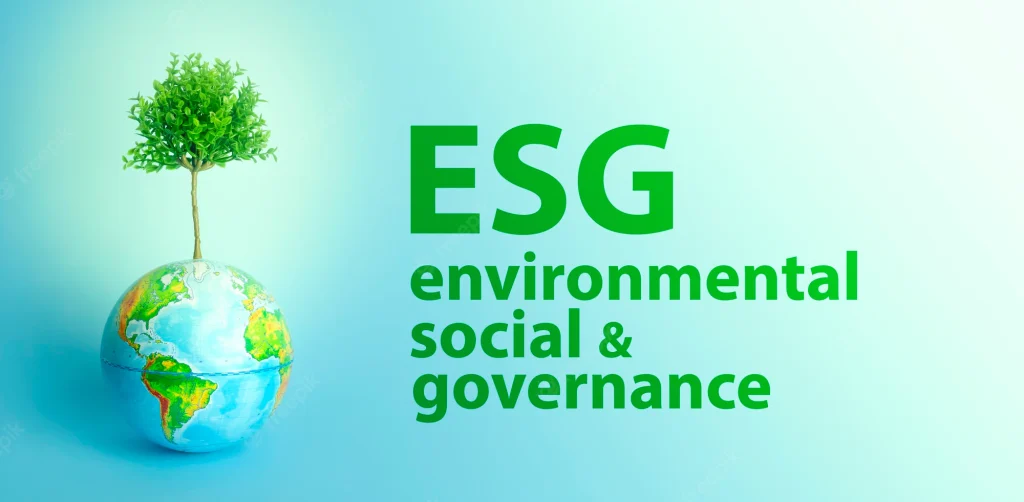
At the centre of every environmental, social, or governance (ESG) investment and the program is the intention to reduce negative impacts or social inequity. “Businesses now have the opportunity to design strategic change agility into their operating model, develop new products, expand into new markets, forge new alliances, and transform the organisation’s performance. To be successful in this new paradigm, it is necessary to not only manage change but also improve the organisational structure, how people are developed, and how the culture is curated,” a recent KPMG report read.
With global research revealing that 78% of board members and senior executives acknowledge the value of solid ESG performance and business transformation, change management can assist business leaders in becoming more purposeful entities.
All sustainability and social impact work are effectively change-management because leaders have to be able to take care of the people and technical side of these changes. This implies that suitable technology must be in place to implement a change (structured process, toolsets, assessments and measurements). The leaders determine why these transitions are necessary and they need to ensure that the change is adopted with minimal resistance.
It has been proven that ESG thinking effectively improves efficiency and profitability for organisations. ESG is for any size organisation. Conscious efforts can result in attracting and retaining more talent, improving their reputation, and lowering risk overall in terms of health, safety and litigation.
ESG should be transformational, change management effort that touches every part of the business. If not, leaders will experience confusion over their role in implementing an ESG strategy and teams will continue to operate business as usual and ESG commitments will go unfulfilled.
Effective ESG change management recognises that the ownership of sustainability-related matters is not a top-down approach, but rather the responsibility of all employees across a business. To achieve an impactful sustainability strategy, it is essential to develop a sustainable workforce that shares the same vision about the company’s impact on the environment and climate change.
Leaders who commit to reworking norms, cultivating new behaviours and building new processes will create an environment in which ESG becomes part of the culture that can assist with all decisions. This will position organisations to lead on ESG and take a meaningful role in addressing the biggest environmental and social issues of our time.
